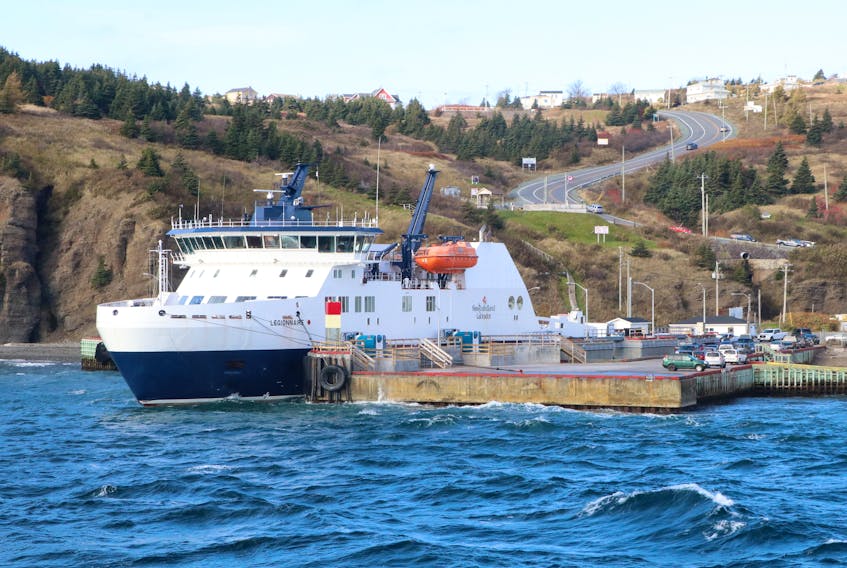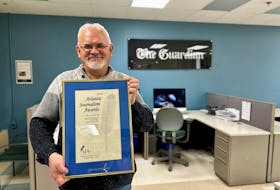I am responding to William R. Lorimer’s letter (March 16) outlining his views regarding what he terms a flawed risk-assessment report by the Department of Transportation and Works on passenger safety aboard the Bell Island Ferry.
The author and I have something in common; we both care about the welfare of Bell Islanders, however I totally disagree with both the content and certainly the tone of his recent letter.
Here is why.
The timing of Lorimer’s letter couldn’t be worse. As a province we recently finished remembering the loss of lives from both Cougar Flight 491 and the Ocean Ranger. Again and again we are all left asking that terrible question why didn’t we do more to ensure the safety of these people?
As a young man living on Bell Island I never understood why passengers were ever allowed to stay in their vehicles when the boat was in transit. I therefore welcomed the new government regulations prohibiting this unsafe practice. I fully appreciate the writer’s concerns for sick and disable passengers but are they not the first group we would want to help from a sinking ship?
This also begs the question: if disabled passengers can’t make their way towards safety when the boat is docked how would they ever manage if it was sinking?
Lorimer points out it’s a 20-minute crossing, but let’s not forget Mother Nature has no sense of humour, ships sink in minutes not hours. It should also be noted the current vessel has an elevator to move passengers between decks. I agree offering assistance to handicap travelers is a must, however allowing those to remain in their cars would be completely irresponsible.
Lorimer concludes risk assessment report (TR-10-34) is flawed because it did not analyze the movement of disabled passengers from their vehicles to the upper deck. Indeed, he reminds us of his 20 years’ experience and that both he and his long-time research assistant (also Lorimer) are well-versed in this field.
So what are we to conclude? Because the report did not evaluate the movement of disabled people from their cars it is flawed? I beg to differ.
Some things are just plain common sense. Do we really need to analyze if a disabled person on a fast-inking, multi-level vessel is safer in their car than they would be near rescue support?
I certainly don’t feel we need to waste public money to explore the obvious.
In previous years, Bell Island commuters were permitted to stay in their cars simply because there was nowhere else for them to go. Vessels like the John Guy had fewer safety features, and less facilities for disabled passengers. Its new $50-million replacement is an investment in safety and, to quote Wabana Mayor Gary Gosine, “the resurrection of Bell Island.”
Don’t attack those who strive to enhance your safety, Mr. Lorimer, the lives they endeavour to save may very well be your own.
The danger of Lorimer’s letter and those who support his efforts lies in the risk they may someday succeed. This could lead to passengers being trapped in their cars during a marine emergency and our entire province left to mourn their loss. No more roll calls, church services or flowers on fences please. Newfoundland and Labrador has had more than its share.
Safety first, and always first, Mr. Lorimer. Far better to offer disable passengers a helping hand than to convince them they are being treated unfairly.
The best route is the safest one, and that can only happen if we are all on board.
So, all aboard Mr. Lorimer. Let’s keep everyone as safe as possible so we can all enjoy the ride.
Mike Fleming
St. John’s
Related story:









